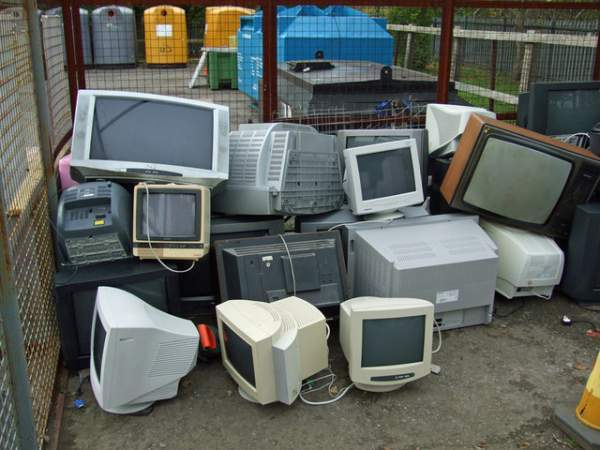You finally got that new PC you’ve been wanting – no, lusting after – but now what do you do with that old one? You don’t want to just throw it in the garbage because you know there are a lot of useable parts there even if the PC doesn’t work any longer. You just might consider recycling.
Prepare Your PC for Recycling
The first way to efficiently and effectively recycle your PC is to make absolutely sure it’s clean. You likely have a lot of sensitive personal information on that PC in various files – you know, passwords, account numbers, license registration numbers, addresses and phone numbers, tax data, and various personal documents. And just dumping files into the trash bin won’t do the trick. So here are the steps you need to take for effective PC recycling when it comes to security.
Save Important Files – Make sure you back up and transfer to your new PC all your important files.
Delete Your Browsing History – The browsers you use will preserve information concerning your browsing behavior, including usernames and passwords, so make sure to thoroughly delete all that history.
Get Rid of Sensitive Files – Some of your files, such as those containing tax documents, will contain highly sensitive information. You need to use the appropriate software to overwrite and delete these.
Use Drive Encryption – Be sure to turn on your PC’s drive encryption.
Deauthorize – Because some programs allow multiple installations or sharing on multiple devices, you need to deauthorize those accounts before uninstalling such programs.
Now Uninstall – After deauthorizing, you should go ahead and uninstall those programs (for they likely contain personal data).
Clean the Hard Drive – Finally, wipe your hard drive clean by performing a factory reset.
Find the Right PC Recycling Home
You also need to find the right recycling home for your PC according to your time constraints, inclinations, and desire to contribute to waste management. If your PC is still functional, re-homing is a possibility. If you know someone who needs a PC or if you know of a hauling service that has connections for donating usable items to worthy organizations and individuals, then re-homing should be easy. If not, you’ll need to consider other options.
Dell has been a frontrunner in PC recycling with its more-than-a-decade-old program offering free consumer recycling. Dell will help you recycle your PC by taking it free of charge, regardless of brand. When you purchase a new Dell PC, they will take your old PC and recycle it. This program is available anywhere, and Dell covers the cost. In addition, Dell offers what it calls “asset recovery services” for businesses. Nearly 80% of PCs returned by businesses can be reused, and Dell helps businesses recover some of the value of those PCs.
Apple also does its part for waste management and PC recycling. If you purchase a new Mac, Apple will take your old PC and monitor, regardless of brand, and see that they are recycled. You can do this at any Apple store or Apple premium reseller. Apple also offers a recycling program through Dataserve. It your functional computer has any resale value, this program will buy your unwanted equipment.
Use a Reputable Hauling and Recycling Service
The third way for efficient and effective PC recycling involves using the services of junk hauling service that understands recycling. Some hauling services just haul off your unwanted items and toss the whole load into the landfill. Other companies strive to do a lot more than that.
For example, Seattle-based $99 Junk Removal, is committed to the good of the local community and the health of the environment. Their trained professionals sort through every load to find items that are reusable and recyclable. Basically, they try to do their part for waste management by adding as little waste as possible to local landfills. And that’s the kind of hauling and recycling service you should use if you don’t want to do it yourself.



